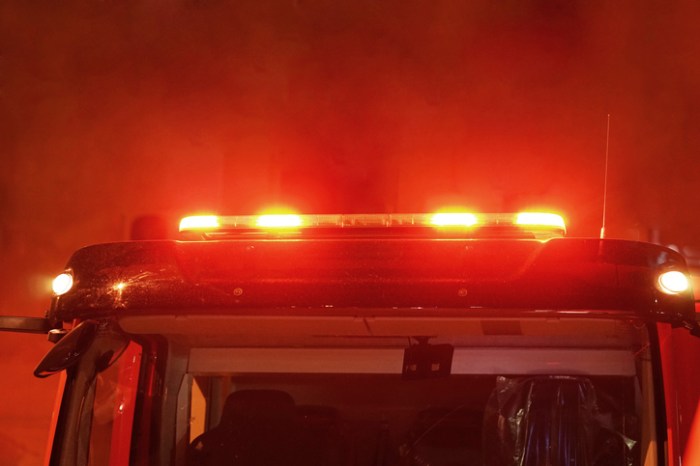By Michelle Han
With churches, schools, and community centers sprouting up in residential neighborhoods across Queens, civic leaders say now is the time to answer tough questions about how to control development in their quiet neighborhoods.
“We have to correct these issues now,” said Brooklyn architect Neil Cohen, a civic leader in Bay Ridge and a panelist at a forum on zoning hosted by the Queens Civic Congress Monday night.
The forum, which included six panelists representing various civic groups in Queens and the other boroughs, focused on the development of community facilities in largely residential neighborhoods.
Community facilities, under the city's zoning rules, are given “as-of-right” status, which means they are allowed in areas zoned for residential use only even though they are not residential and are not required to seek approval from the community.
But as group after group shared their battles with developers of community facilities in their neighborhoods Monday, the coalition of civic groups appeared to stand firmly behind a proposal to request that community facilities be stripped of their as-of-right zoning status.
“We're not here to complain about these community facilities in general,” said John Liu, president of the North Flushing Civic Association. “The question is where should all these community facilities be located. Should they be located in residential areas?”
The common complaints with community facilities are that they generate excessive noise, traffic and garbage, and tax a community's limited services and infrastructure.
Such facilities include projects ranging from elementary schools to doctors' offices to churches and mosques to, in one case, a catering hall with valet parking.
Dominick Pistone, president of the Kew Gardens Civic Association, said the onslaught of these facilities in a relatively small, enclosed community has turned combative.
“The attitude seems to be, 'We have a right to be here so get used to it,'” he said.
In Flushing, 13 of the 24 building lots on a single residential block are non-residential, said the North Flushing Civic Association's Tyler Cassell.
Ten of those 13 lots belong to religious institutions, Cassell said. In some cases, there is a church or a mosque or a house owned by a church on all four corners of an intersection.
“We were horrified,” he said.
The group is fighting a plan by the Salvation Army to raze three private homes in Flushing and replace them with a community center.
Civic Congress members distributed a resolution approved by Flushing's community board asking city officials to change zoning rules to eliminate as-of-right privileges for community facilities. The civic groups were asked to seek similar commitments from their community boards and City Council members.
The time is especially ripe to seek changes in zoning rules because of the political climate in the city, Cohen said, due to the fact that the City Council is planning to challenge Mayor Giuliani with a series of bills he will likely oppose just as he is declaring himself a strong candidate for the U.S. Senate because of his self-declared ability to compromise.
But civic leaders said it was difficult to fight community facilities because the discussion often dissolved into issues of race or religion. Many of the facility projects involved in the debate are planned by either ethnic or religious groups.
Liu, of the Flushing civic group, had this advice for those planning to lobby their representatives in government: “Steer the discussion back to the issue at hand: zoning.”































